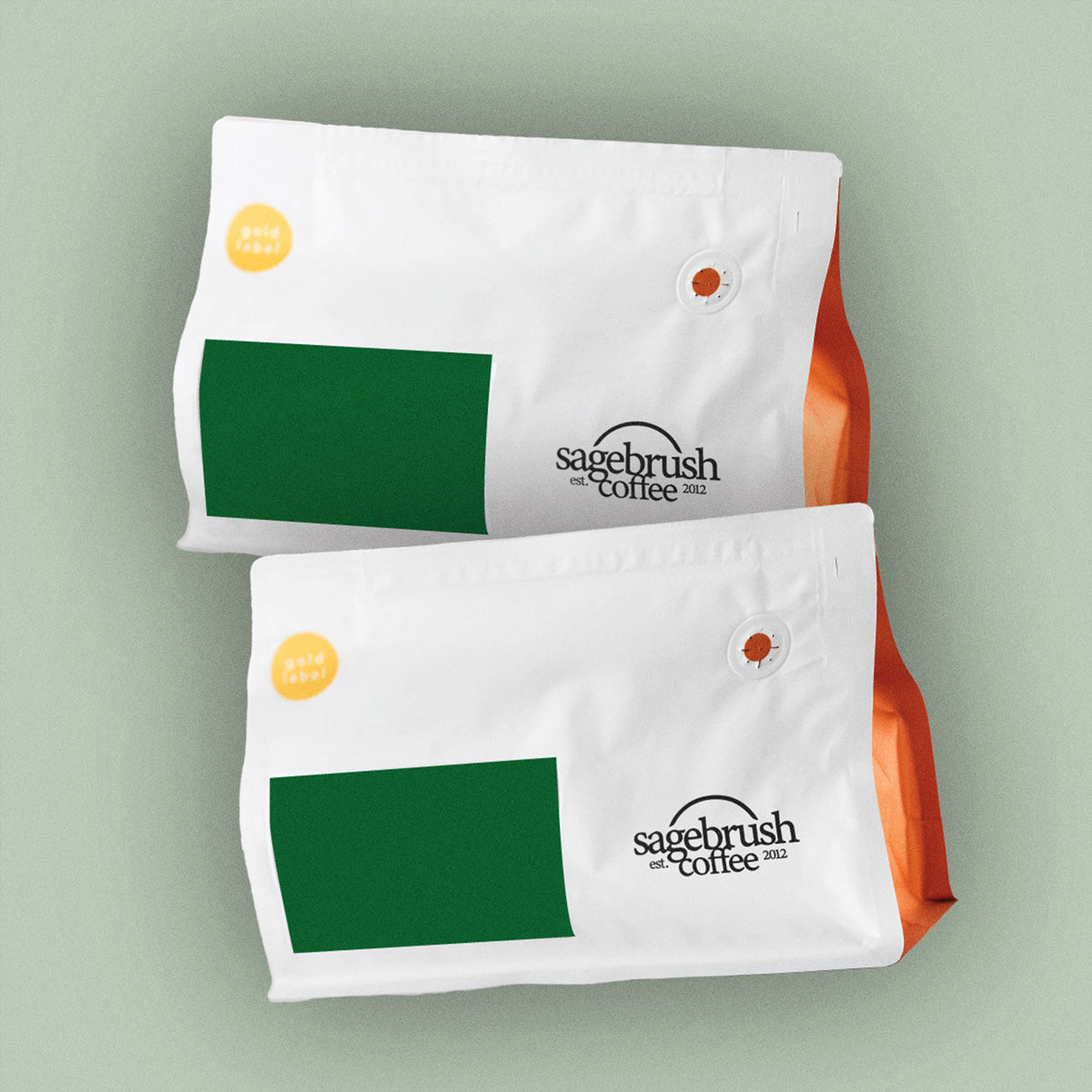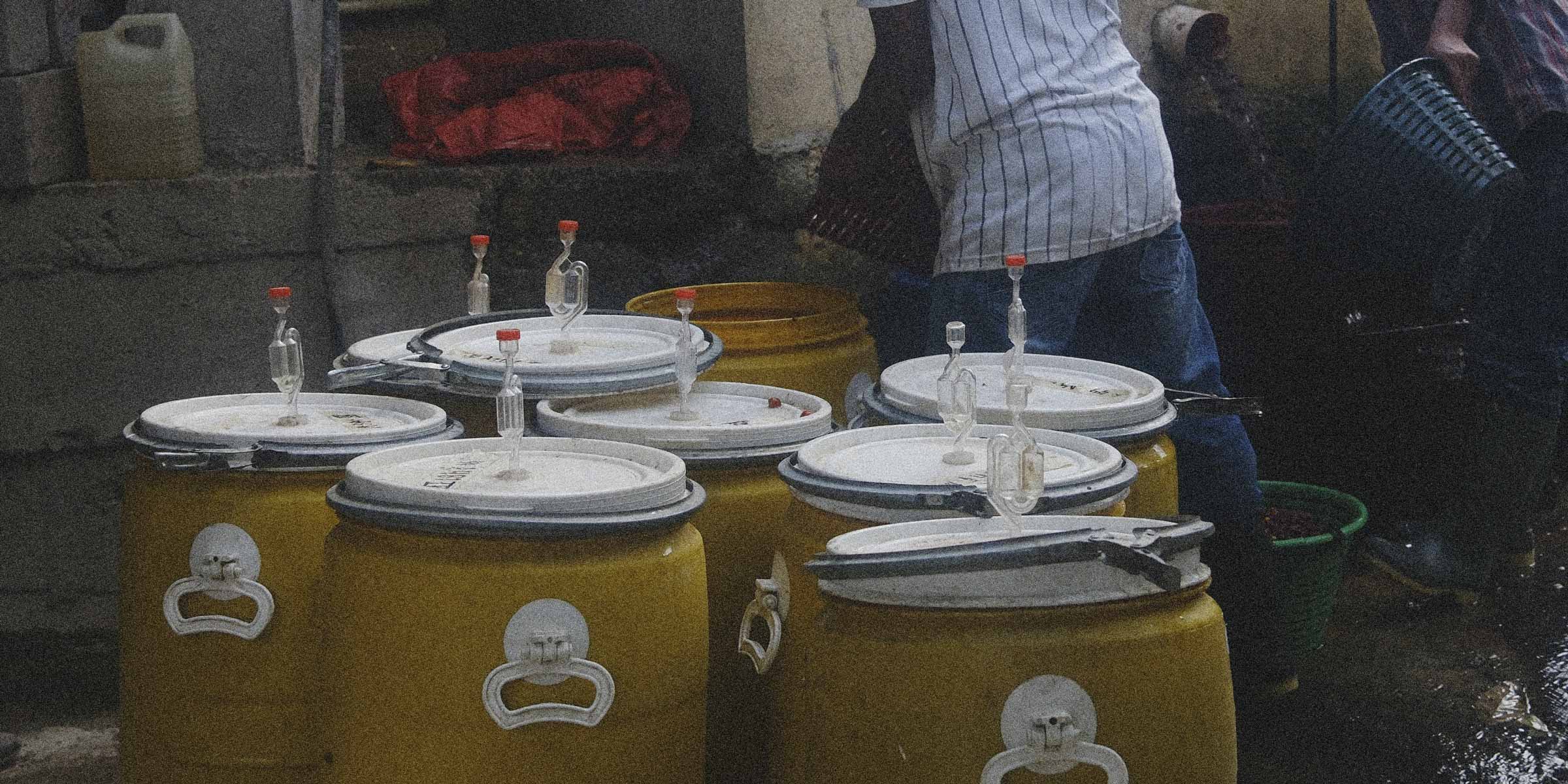 Coffee has a unique and symbolic history in the country of Yemen (yeh•muhn). In ancient days, Sufri monks would use it to aid them with their devotional practices. During its peak exportation period, Yemeni coffee producers would use camels to cross the country and take their beans to the port of Mokha where they would be shipped to the rest of the world. Is the fact that the port of Mokha sounds a lot like the beloved coffee drink, mocha, a coincidence? Perhaps. Or perhaps, it is a nod to one of the most influential countries in the early cultivation of coffee.
Coffee has a unique and symbolic history in the country of Yemen (yeh•muhn). In ancient days, Sufri monks would use it to aid them with their devotional practices. During its peak exportation period, Yemeni coffee producers would use camels to cross the country and take their beans to the port of Mokha where they would be shipped to the rest of the world. Is the fact that the port of Mokha sounds a lot like the beloved coffee drink, mocha, a coincidence? Perhaps. Or perhaps, it is a nod to one of the most influential countries in the early cultivation of coffee.
Coffee Origins: Did Coffee Originate From Yemen?
As we mentioned in our Ethiopia origin blog, there is a debate within the coffee community about the true origin of coffee. Yemen claims to be the origin of coffee, but so does Ethiopia. The two countries each have their own origin stories which are as follows:
Yemen legend: According to the Yemen origin story, a Sufri monk drank ‘wine’ that had been made from a plant exported from Ethiopia, later discovered to be the coffee plant. He claimed that this drink gave him an intoxication that was sent from the gods to help him and other monks stay awake and alert for evening prayer and nighttime vigils.
Ethiopian Legend: On the other hand, the Ethiopian origin story claims that an Ethiopian goat herder named Kaldi noticed his goats were eating the 'beans' off of certain plants, coffee plants, and that when they ate these fruits they would become extremely energetic and refuse to sleep at night. He reported this observation, and people started using these 'magic beans' for trade. The legend of this energizing bean grew, and by the 15th century, coffee was moving all over the Arabian Peninsula.
So that leaves the question. Who drank coffee first? It is widely agreed that Ethiopia is where the actual plant was first found, but Yemen is often considered to be the place where it was cultivated into the beverage we drink today.
Growing Coffee in Yemen
Although it has such a significant role in the history of coffee, Yemen does not actually have a great climate for growing agriculture. Only three percent of the land is actually suitable for farming and restricted access to water is one of the country's main issues. In Yemen, coffee is grown at high altitudes and on terraced land, but farmers rely on additional irrigation and underground water sources to keep coffee trees alive. There is significant concern about depleting the water source and soil nutrients as the soil is not often fertilized and many of the natural water sources are non-renewable. All these factors contribute to why Yemen coffee beans can be inconsistent in flavor. Additionally, coffee cherries are often picked by hand and dried on the roof of a farmer’s own house due to a lack of space. This can lead the beans to dry unevenly and get moldy. This also results in sellable crop sizes being small. Due to the small crop sizes and the simple difficulty of getting the coffee beans from farm to port for distribution, it drives the price of the coffee beans very high. All odds aside though, Yemen does produce a handful of delicious coffee crops and we at Sagebrush are happy to get the chance to offer them on occasion.
Yemeni Coffee Flavor Profile
So, now that we have an understanding of how the beans are grown in Yemen and what some of the contributing factors are to their unique flavor, let’s talk about some of the flavor notes you might find in coffee from Yemen. Wild, pungent, and complex are often used to describe the uniqueness of the country's coffee. Because of the inconsistencies in the drying method, there are fruity flavor notes along with a slightly fermented hint. Some other flavor notes that are often found in Yemen coffee are cinnamon, chocolate, cardamom, and tobacco.
Yemen coffee is rare and difficult to source. It has an extremely unique flavor profile and a journey that is just as unique. From its conception, Yemen coffee is cared for by hands that are not just looking after their livelihood, but also carrying on centuries of tradition. The next time you have the chance to enjoy a cup of coffee from Yemen, hopefully, you remember some of its origin story and the journey it has been on. So, sit back, relax and enjoy every sip. Cheers!



















